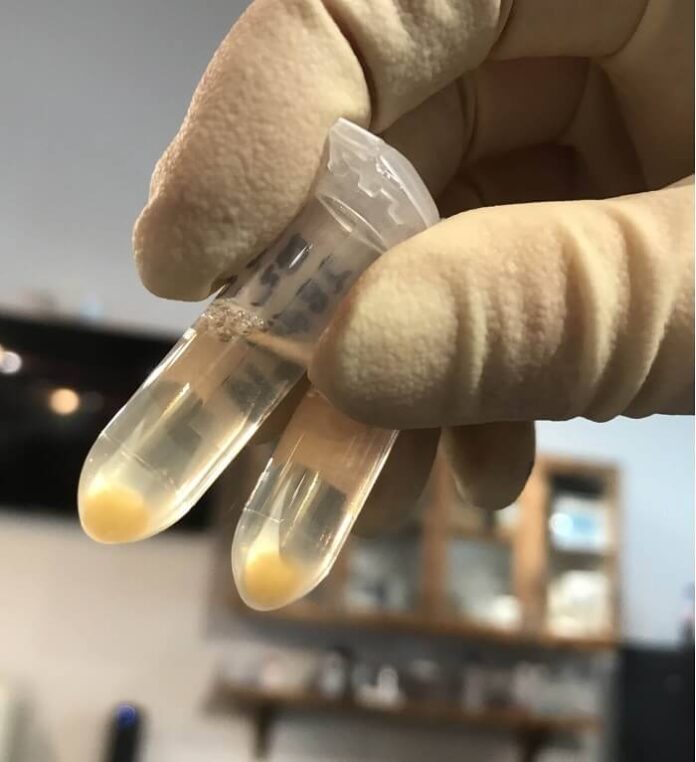

A groundbreaking diagnostic blood test has been developed for amyotrophic lateral sclerosis (ALS), a progressive neurodegenerative disease that affects neurons in the brain and spinal cord, leading to gradual paralysis and loss of the ability to walk, speak, and eventually move. Currently, diagnosing ALS can take up to 12 months due to the need for comprehensive clinical examinations, during which time patients often experience significant decline. Misdiagnosis rates can be as high as 68%, further complicating effective and timely treatment.
Researchers at Brain Chemistry Labs, a non-profit organization based in Jackson Hole, Wyoming, have published their findings. Their study, titled “A microRNA diagnostic biomarker for amyotrophic lateral sclerosis,” presents a new method for diagnosing ALS through a simple blood test.
As reported by medicalxpress.com, the test analyzes microRNAs—small sequences of nucleic acids—extracted from tiny vesicles released by the brain and nervous system. By examining microRNA sequences from hundreds of patient samples, researchers identified a unique “ALS fingerprint” consisting of eight distinct microRNA sequences. This biomarker profile can distinguish blood samples from ALS patients with up to 98% accuracy, differentiating them from healthy individuals and those with other conditions that mimic ALS in its early stages. This new diagnostic tool has the potential to help neurologists diagnose ALS more quickly and accurately.
“Early diagnosis will enable prompt treatment, leading to improved outcomes for ALS patients,” said Dr. Sandra Banack, a senior scientist at Brain Chemistry Labs and lead author of the study.
The development of this test builds on three prior validation studies involving different patient cohorts, with a total sample size of 471, many of which were provided by the U.S. National ALS Biorepository.
Dr. Paul Alan Cox, Executive Director of Brain Chemistry Labs, aims to partner with a diagnostic company to make this test widely available to neurologists within the next 18 to 24 months.























